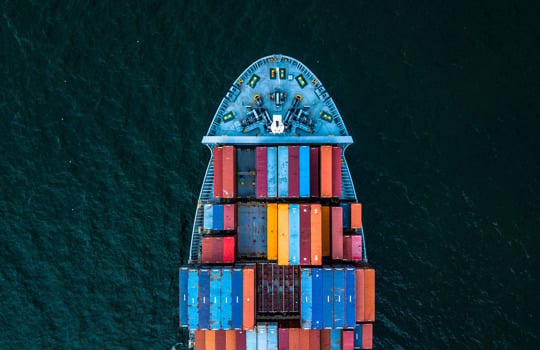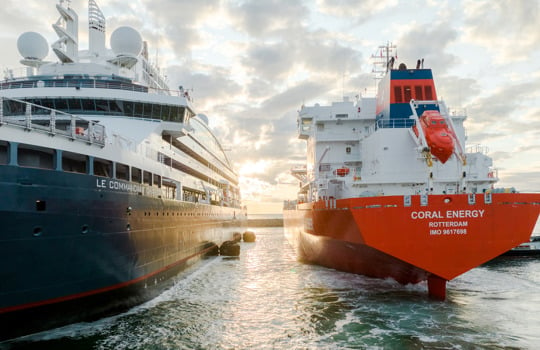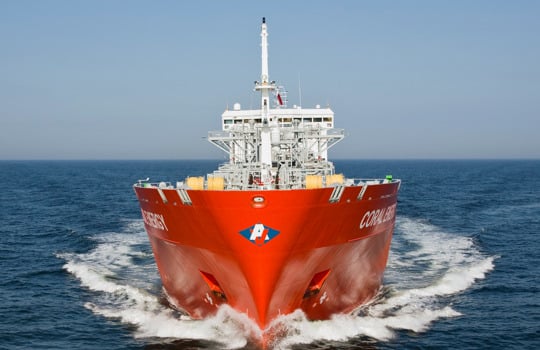Secure FuelEU Maritime compliance through pooling
Are you a shipowner worried about meeting the FuelEU Maritime directive? Gasum’s pooling solutions offer a way to achieve compliance, save on costs, and transition smoothly to sustainable maritime operations.
FuelEU Maritime directive aims to reduce greenhouse gas emissions in the maritime sector by promoting the use of renewable and low-carbon fuels. The pooling mechanism provides flexibility for shipowners in achieving compliance, thereby facilitating a smoother transition towards a more sustainable maritime industry. Gasum’s commercial pool merges vessels with over-compliance and those needing compliance, enabling companies to meet emission regulations cost-effectively. By connecting these parties, Gasum offers renewable gases and mitigates risks associated with the uncertain availability of biofuels, providing peace of mind to shipping companies.
Benefits of Gasum's Commercial Pooling
- Achieve compliance effortlessly: Pool with over-compliant vessels to meet regulatory standards.
- Avoid regulatory penalties: Gasum's pooling system is your green ticket to meeting the new emission regulations in a cost-effective way. Acting too late increases the risk of demand and price peaks and eventually results in costly penalties.
- Mitigate risks: Ensure availability of renewable gases amidst uncertain biofuel supplies.
- Sustainability made easy: Our commercial pooling offers an easy solution to meet FuelEU Maritime regulations, mitigating concerns arising from conventional fuel use.
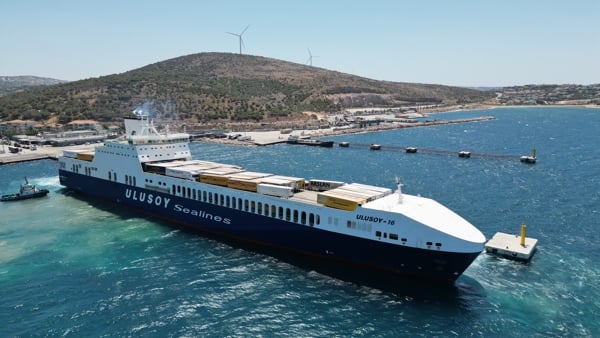
Ulusoy Sealines joins Gasum’s FuelEU Maritime pool as offtaker
Gasum’s pool is the most reliable option for Ulusoy Sealines, which transports passengers and cargo between Turkey and Europe.
Contact us today to learn how Gasum can help your fleet achieve compliance!

Ensure compliance with FuelEU Maritime directive — Connect with over-compliant vessels to balance your emission levels
FuelEU Maritime is a European Union (EU) regulation established to increase the use of renewable and low-carbon fuels and limit greenhouse gas (GHG) emissions. From 2025 onwards, FuelEU Maritime will apply to all ships of 5,000 gross tonnage and over calling at EU ports, regardless of their flag and shipping companies owning these vessels needs to reduce the carbon intensity of the purchased fuel by 2% (GHG emissions and well-to-wake) in 2025 to as much as 80% by 2050. To facilitate compliance and making becoming compliant easier for shipping companies (DOC holders), FuelEU Maritime permits the voluntary pooling of emissions between vessels. This means, that vessels that has over-compliance can reduce the needed greenhouse gas intensity of other vessels, or in other words providing compliance as a service.
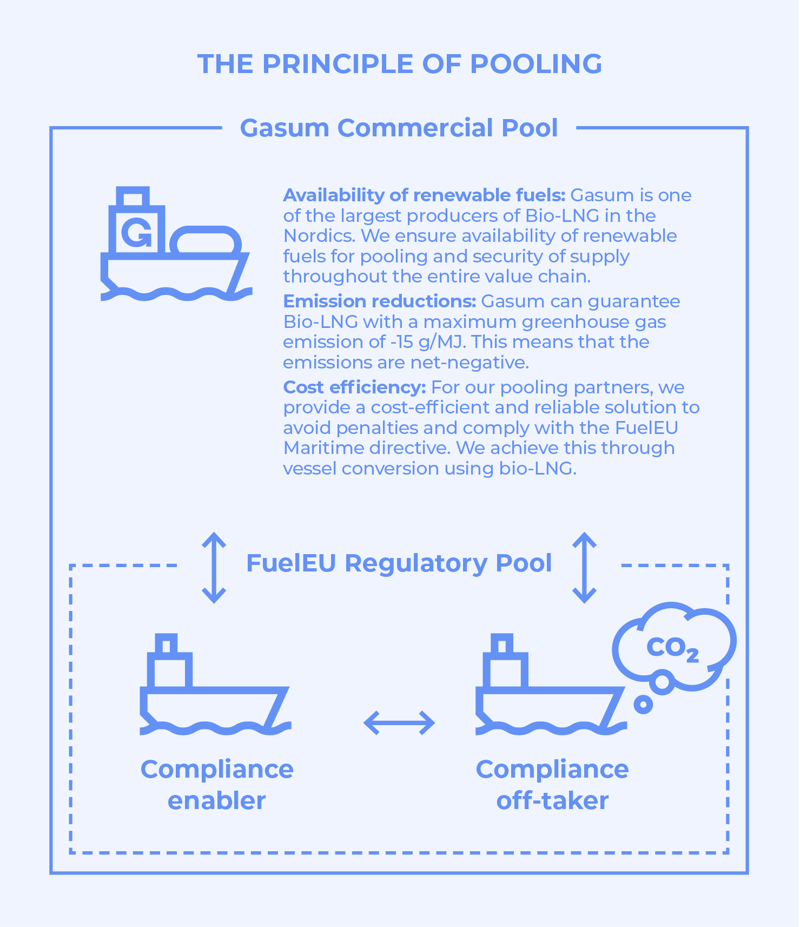
How does it work?
Pooling is a mechanism that gives shipowners flexibility in achieving compliance. Emissions can be pooled between two or more ships verified by the same body to achieve compliance per individual ship. This includes ships controlled by different companies. However, pooling is subject to certain conditions. For one, the total pooled compliance must be positive. This means ships cannot have a greater deficit after pooling emissions.
How it works in 3 simple steps:
- Join the Pool: Register your vessels with Gasum’s commercial pool.
- Order and Commit: Order the needed amount of compliance units from Gasum
- Sail Green: Continue operations with confidence, knowing you meet all regulatory requirements.
Gasum’s Commercial Pools
Gasum's own commercial pool is made of customers LNG vessels that uses LBG. The pool combines the vessels (and companies owning these vessels) that has overcompliance (has or can reduce emissions over their own regulatory need) and the vessels that are in the need of compliance. Companies that are in need of compliance can become compliant by utilizing the over-compliance of Gasum’s commercial pool with the lowest operational impact and costs.
As an example, certain liquid biofuels (not LBG) could affect the engine life negatively of vessels. There might also be a lack of biofuels in the trading routes sailed. Gasum helps shipping companies by connecting the abovementioned parties and at the same time offering cost-effective renewable gases. Likewise, the availability of liquid-based biofuels (e.g. FAME) are not certain in the coming years and there might be a shortage of these fuels. Gasum’s commercial pooling reduces risks and enables cost-effective emission reductions to shipping companies. At the same time, shipping companies can rest assured that targets are met in an effective and hassle-free way.
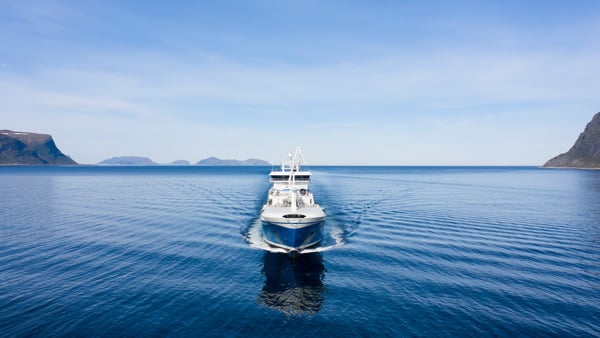
Download our guide - Pioneering cleaner shipping
We have gathered some information for you in a guide about cleaner maritime transports. You will see what influences shipping to reduce emissions, including regulations, market demands and trends.
